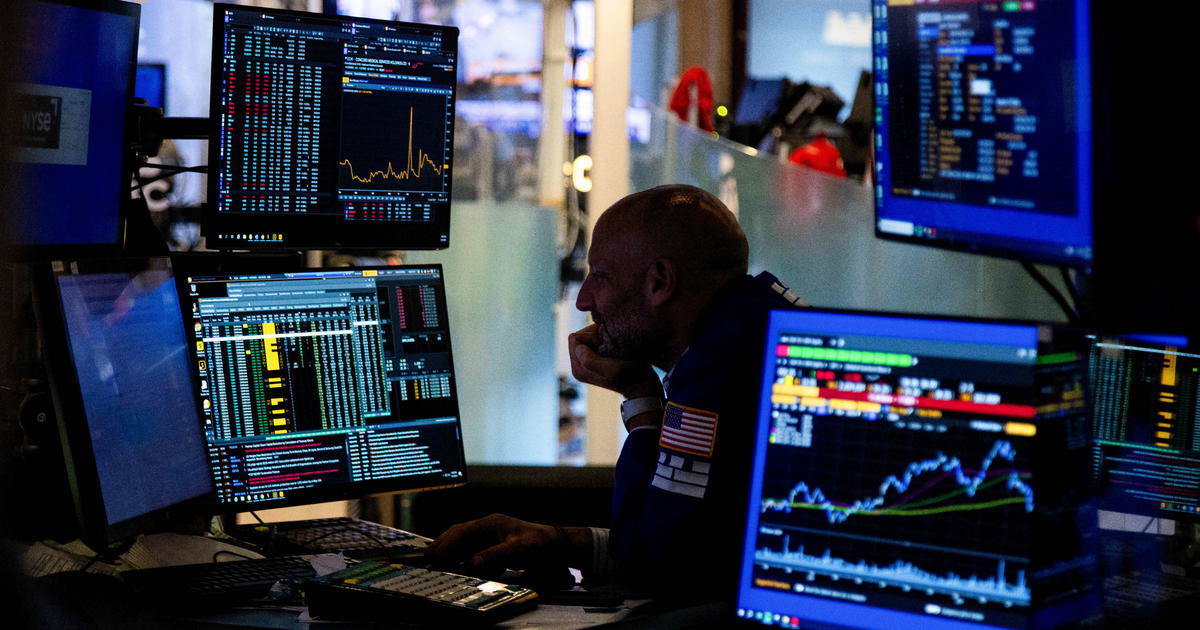Stocks are tumbling after fresh economic signals raised concerns about the outlook for U.S. growth.
The Department of Labor on Thursday released data showing that initial claims for unemployment benefits rose to 249,000 last week, topping analyst forecasts and reaching the highest level since August of 2023. Although layoffs around the country remain modest, some investors worry that the recent jump in jobless claims could be a prelude to a sharper drop in payrolls later this year.
New purchasing managers data also shows that manufacturers are weakening as they grapple with higher interest rates, while a growing number of companies reporting corporate earnings are pointing to softer consumer spending.
“The economy is in pretty good shape in 2024, but it does have weak spots,” Bill Adams, chief economist for Comerica Bank, said in an email. “High interest rates are a major headwind for industries that use a lot of credit, like manufacturing, property development, and retailers of big-ticket items like furniture and cars.”
An hour before the close of trade, the S&P 500 had fallen 104 points, or 1.9%, to 5,419, while the Dow Jones Industrial Average tumbled roughly 700 points, or 1.6%, to 40,158. The tech-heavy Nasdaq Composite was down even more sharply, sliding nearly 3%.
Financial markets have steadily risen this year, propelled by ongoing enthusiasm for artificial intelligence companies and expectations that the Federal Reserve would soon lower its benchmark interest rate amid a cooldown in inflation. But some Wall Street analysts and economists fret the Fed could be behind the curve in lowering borrowing costs, raising the risk of a hard economic landing.
The Fed this week opted to hold rates steady, with Chair Jerome Powell only willing to say that the time to ease monetary policy “is approaching.” Most forecasters expect the central bank to announce its first rate cut in four years when policy makers meet September 17-18.
Compounding the unease on Wall Street are mounting fears about spiraling hostility int the Middle East. Global oil prices edged up this week after the assassination of Hamas political leader Ismail Haniyeh, which raised concerns about potential retaliation by Iran or its proxies.
“The economy and overall the consumer is stretched, and we just don’t have a lot of wiggle room to react in an appropriate way if any geopolitical or any other unexpected risks materialize,” said Jeff Klingelhofer, portfolio manager at Thornburg Investment Management.
Despite investors’ recent caution, data shows the economy remains on solid ground. Gross domestic product — the total output of goods and services — grew at an annual rate of 2.8% between April and June, topping the 1.4% pace of growth in the first quarter and surpassing analyst forecasts.
Another key gauge of the nation’s economic health will come Friday, when the Department of Labor releases July job numbers. Economists project that employers added roughly 175,000 jobs last month, with the jobless rate expected to hover around 4.1%.
—The Associated Press contributed to this report
